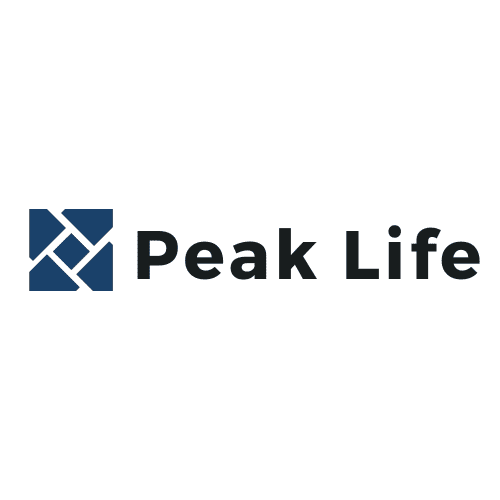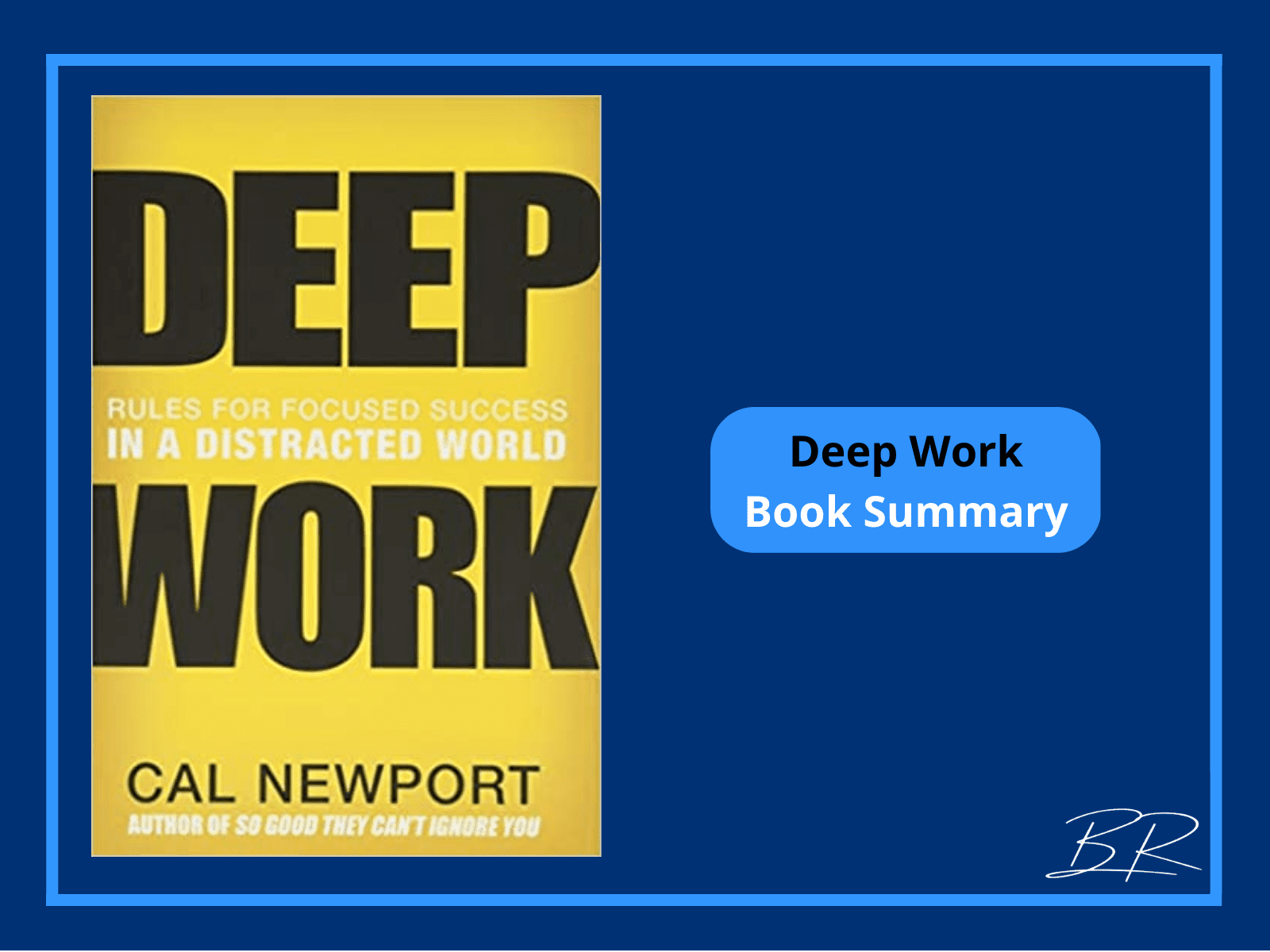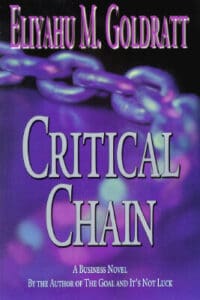Deep Work Book Summary: Rules for Focused Success in a Distracted World
This post contains affiliate links that help supports this blog and cost you the exact same. If you do not wish to use affiliate links, then feel free to google the product.
Welcome to the Deep Work Book Summary
In today’s world, distraction and multitasking have become the norm. With endless notifications and a constant stream of information bombarding our digital devices, it’s no wonder that focus and productivity are becoming harder to sustain. In his book “Deep Work,” Cal Newport presents an actionable guide on how to maintain a state of deep focus and productivity in our modern, distracted world.
As a Knowledge Worker, Professional, and even Engineer, you are continually bombarded with distractions that hinder your concentration and productivity. But with careful planning and the right mindset, you can learn to harness your focus and achieve your goals.
This book provides the necessary roadmap to achieve effective concentration, enabling you to produce meaningful work.

Deep Work By Cal Newport
Similar Books to Deep Work by Cal Newport That Knowledge Workers Should Read
1. The 4-Hour Workweek by Timothy Ferriss: Read Summary
2. So Good They Can’t Ignore You by Cal Newport
3. The 7 Habits of Highly Effective People by Stephen Covey
4. Atomic Habits by James Clear: Read the Summary
5. Essentialism by Greg McKeown: Read the Summary
PS: See my list of the top productivity books here!
A brief summary of the book Deep Work:
Deep Work is a book that provides a guide on establishing the mindset and practices for achieving efficient focus and working on challenging tasks with undivided attention.
Cal Newport, a computer science professor, argues that the ability to concentrate deeply on something for an extended period is a rare and valuable skill in today’s society, which I could agree more with.
The book emphasizes the importance of creating time and space for Deep Work, as well as highlighting the importance of eliminating distractions and shallow work.
Who should read Deep Work by Cal Newport:
The book targets knowledge workers that desire to produce meaningful work.
This may include engineers, writers, creatives, and professionals in many other fields. If you’re an individual who wants to develop a skill for productivity, professionalism, and significant outcomes, then Deep Work is for you.
Top 3 Takeaways:
Takeaway 1
Deep Work is essential for success in the modern economy: The central thesis of Deep Work is that with the introduction of digital technology and the global economy, there has been a shift towards shorter bursts of shallow work that require little cognitive effort.
However, Newport argues that in order to truly excel in this economy, people need to develop their abilities for deep work – long periods of intense focus and concentration on a single topic or problem.
Takeaway 2
Consistent practice will help you acquire the skills necessary for deep work: Newport argues that in order to achieve deeper levels of focus and productivity, one must practice regularly.
He recommends adopting habits such as minimizing distractions while doing deep work, breaking down projects into smaller tasks, and building up endurance through intense productive sessions.
Takeaway 3
Unplugging from technology can also be beneficial: While tech exists to help us become more efficient, Newport advises against relying too heavily on it; he suggests taking occasional “technology sabbaticals” where we intentionally unplug from all digital devices (and even physical ones) to gain important perspective and mental clarity.
The Best 3 Quotes from Deep Work by Cal Newport:
Quote 1
“If you don’t produce, you won’t thrive—no matter how skilled or talented you are.” – Cal Newport
Quote 2
“Two Core Abilities for Thriving in the New Economy 1. The ability to quickly master hard things. 2. The ability to produce at an elite level, in terms of both quality and speed.” – Cal Newport
Quote 3
“Ironically, jobs are actually easier to enjoy than free time, because like flow activities they have built-in goals, feedback rules, and challenges, all of which encourage one to become involved in one’s work, to concentrate and lose oneself in it. Free time, on the other hand, is unstructured, and requires much greater effort to be shaped into something that can be enjoyed.” – Cal Newport
What I am going to change in my life after reading Deep Work:
Deep Work has increased my understanding of the power of removing distractions and focusing on one task. I realized that I needed to remove the distractions and find ways to focus better to attain my desired outcomes.
Therefore, I plan to begin my workday by setting intentions, planning and prioritizing Deep Work, and minimizing distractions by setting rules for the phone, email, and internet.
Additionally, I recognize that I have allowed myself to focus on many shallow tasks instead of a few impactful tasks that require deep work. While this feels like it is productive, the shallow work moves the needle far less than completing a few tasks that require deep work.
What is Deep Work versus Shallow Work
Deep work is defined by Cal Newport as “the ability to focus without distraction on a cognitively demanding task. It’s a skill that allows you to quickly master complicated information and produce better results in less time.”
In contrast, shallow work consists of tasks that require little mental effort, such as checking emails or attending most meetings.
Deep work allows people to dig deeper into complex problems and develop skills that are essential for success in the modern economy – whereas shallow work does not offer the same reward or growth opportunities.
How Can You Minimize Shallow Work Time
- Set limits on shallow work tasks like checking email or answering questions. Decide in advance how much time you will spend on shallow work tasks each day and stick to it. If possible, try to bundle these tasks together so they take up less of your time overall.
- Organize your environment – Design an environment that reduces distractions and encourages focus and concentration; this may include things like temporarily disabling notifications or removing digital devices from your workspace.
- Turn off autopilot – Be conscious of the decisions you make throughout the day, as even small decisions can add up to longer periods of shallow work if done repeatedly over time. Instead, switch into “deep work” mode whenever possible and focus on one task at a time that requires more intensive thinking.
Conclusion:
In summary, Deep Work provides a game-changing approach to productivity and creating significant results.
The book presents useful insights and practical tools that help individuals learn to prioritize their work and attain better outcomes. By removing distractions and enacting focused work sessions with high intensity, your work quality and efficiency will increase.
Deep Work by Cal Newport is a must-read for any professional seeking to improve their productivity and harness the power of deep work to produce meaning work.







